
Dara Méndez and Amy Hartman selected as Health Sciences Ascending Star Awardees
Congratulations to Dara Méndez, associate director of the center for health equity and associate professor of epidemiology and Amy Hartman, associate professor of infectious diseases and microbiology, on receiving 2024 Ascending Star Awards.
Staff Spotlight: The Many Faces of Nicole Leckenby
There is more than one Nicole Leckenby.
One of them is on staff in the School of Public Health, where she is a post-award grants administrator for the Department of Epidemiology. Another is vice president of the Pleasant Hills Borough Council. Another is “soccer mom” to sons Liam and Colin, and wife to husband Brian, an information technology professional. Then there’s the one who writes children’s books.

2024 Postdoctoral Research Symposium award winners
Congratulations to Department of Epidemiology PhD students Andrea Kozai and Benjamin Warner on winning the Best Poster Presentation Award at the 17th annual University of Pittsburgh Postdoctoral Research Symposium!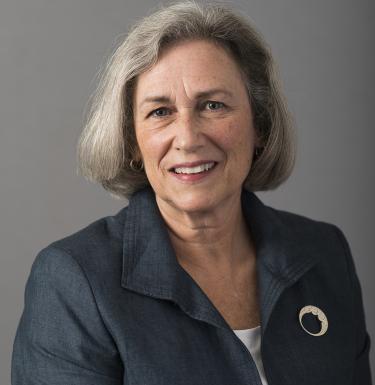
Grant funds study of inflammation’s effect on heart, brain health
Anne B. Newman, MD, MPH, former professor and chair of the Department of Epidemiology, is coprincipal investigator on a $1.2 million, four-year study being funded by the American Heart Association.
Africa intensifies battle against mpox as ‘alarming’ outbreaks continue
The global outbreak helped bring new attention to mpox and led to a boom in research, Jean Nachega associate professor of Infectious Diseases and Microbiology and Epidemiology says, but almost all of it came in Europe and North America.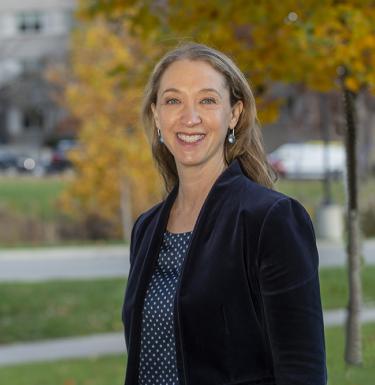
Biomarkers may explain Caribbean women’s greater risk for Alzheimer’s disease
A study by led Iva Miljkovic, MD, PhD, associate professor of epidemiology, was published in the April 12 issue of Alzheimer's & Dementia: Translational Research & Clinical Interventions, a journal of the Alzheimer’s Association.
Live Well Allegheny REACH project brings health resources to priority Black neighborhoods
“This was a concerted effort with unapologetic funding from the federal government for communities that suffer most from health disparities,” says Tiffany Gary-Webb professor of epidemiology.
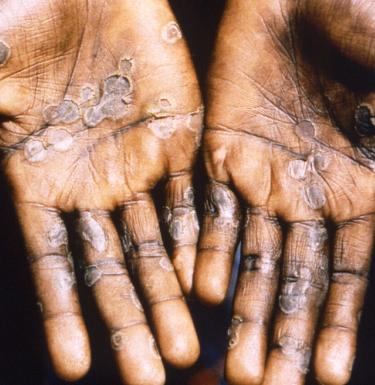
Why the mpox outbreak in the Democratic Republic of Congo is worrying disease docs
"It's just a matter of time, if nothing is done, that the transmission crosses the border in the African region and, again, globally," says Jean Nachega associate professor of Infectious Diseases and Microbiology and Epidemiology.
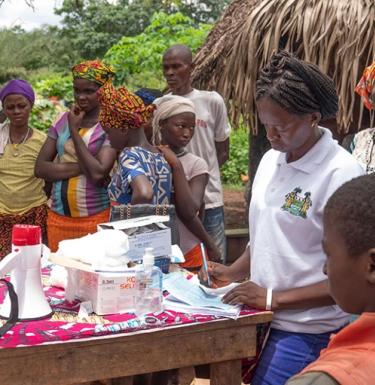
Massive public-health experiment sends vaccination rates soaring
“The investigators made a great effort to bring vaccines to remote communities,” says Jean Nachega associate professor of Infectious Diseases and Microbiology and Epidemiology.
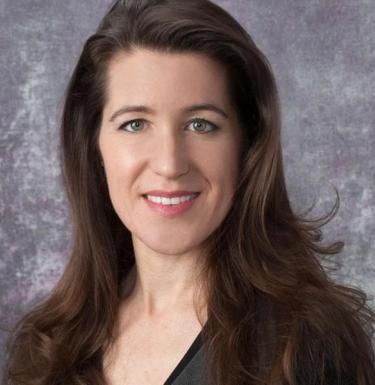
Talking with Dr. Rebecca Thurston on how sleepless nights could be putting your heart at risk
Rebecca Thurston, professor of epidemiology joined KDKA to talk about a recent study at Pitt that followed middle-aged women from across the US for more than 20 years.
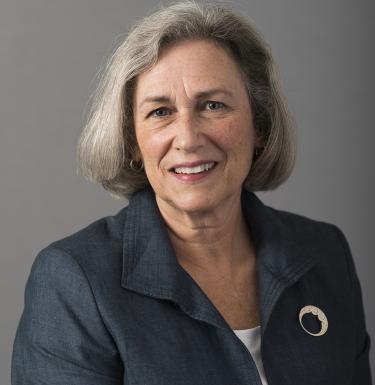
Anne Newman honored for careerlong contributions to aging research
Anne B. Newman, MD, MPH, UPMC Chair in Geroscience and distinguished professor of epidemiology in the School of Public Health, has received two awards for her decades-long research on aging and longevity.

15 Pitt faculty members won 2024 Chancellor’s Distinguished Awards
Congratulations to Professor of Epidemiology Anne Newman on receiving the 2024 Chancellor’s Distinguished Award!
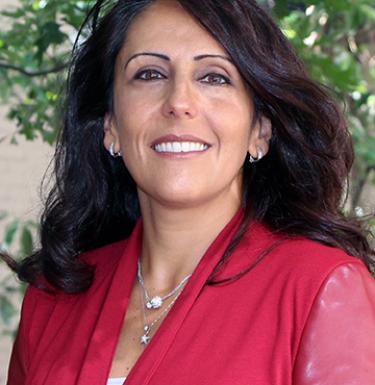
These are the 2024 Provost’s Award for Excellence in Doctoral Mentoring winners
Congratulations to Department of Epidemiology Professor Caterina Rosano on receiving the Provost’s Award for Excellence in Doctoral Mentoring!
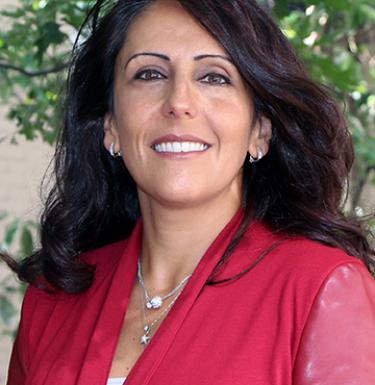
Caterina Rosano selected for 2024 Provost’s Award for Excellence in Doctoral Mentoring
Professor of Epidemiology Caterina Rosano, MD, MPH, has been honored with the 2024 Provost’s Award for Excellence in Doctoral Mentoring. This accolade is a testament to the University's commitment to fostering an environment where mentoring is held in the highest regard, recognizing individuals who exemplify outstanding guidance and support to doctoral students.

RAND scholar appointed Chair of Epidemiology at Pitt Public Health
Tamara Dubowitz, ScD, MS, MSc, a senior policy researcher at the RAND Corporation in Pittsburgh, has been appointed professor and chair of the Department of Epidemiology, effective April 15.